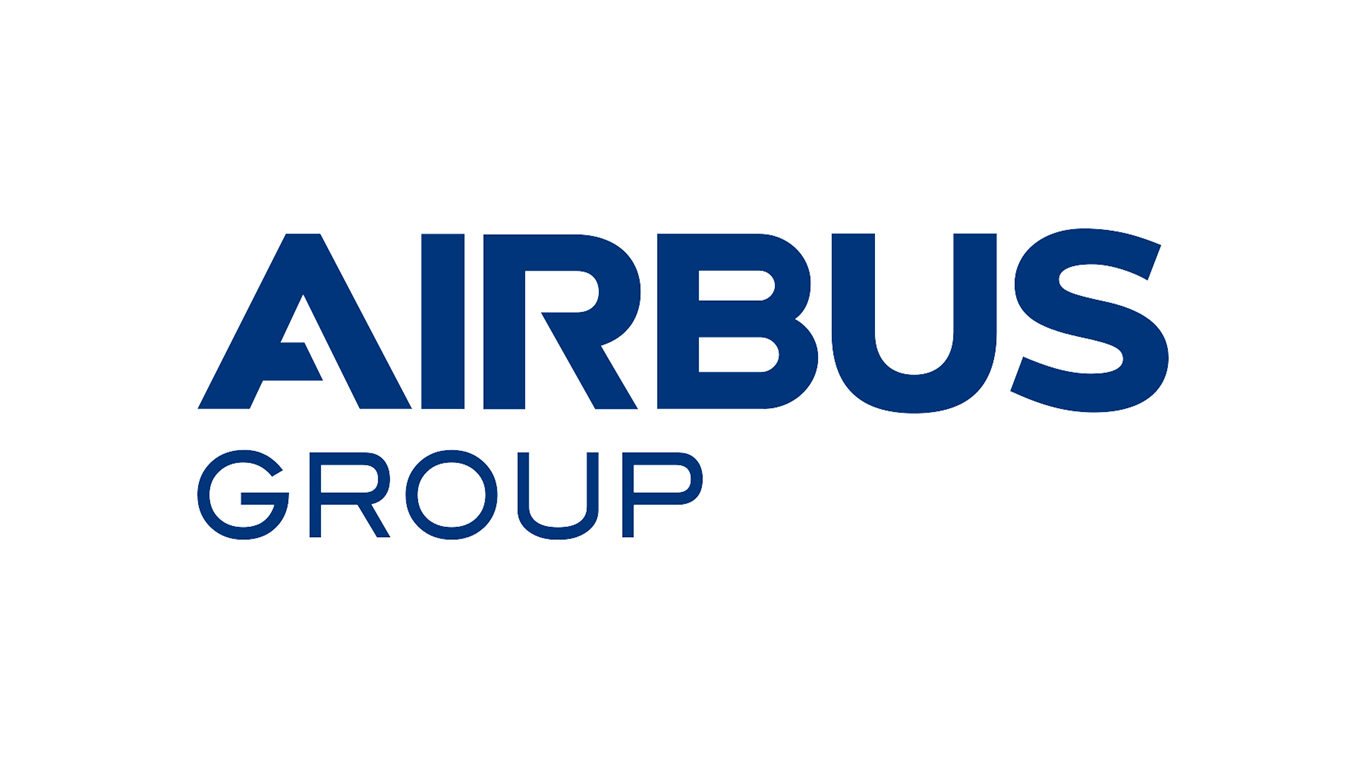Military
Airbus Irons Out Some Engine Problems, Getting Deliveries Back on Track

Published:
Last Updated:

European aircraft maker Airbus reported second-quarter and first-half results Thursday morning. The reporting continues to be dominated by the company’s most serious problem: getting enough engines to deliver new A320neos to customers. The company’s revenues for the first quarter of the year totaled €14.85 billion, up 8% from €13.73 billion last year (€1 equaled $1.17 Thursday morning).
Adjusted consolidated EBIT in the second quarter totaled €1.15 billion, compared to €572 million last year. Adjusted EBIT for the commercial jet business totaled €908 million, up from 360 million in the year-ago quarter.
The not-so-good news is that earnings per share (EPS) in the second quarter dropped 69% year over year from €0.88 to €0.27 as net income tumbled from €682 million to €213 million. The decline in net income and EPS was attributed to negative foreign exchange effects and a higher effective tax rate. Analysts had forecast EPS of €0.86 and revenue of €14.64 billion.
Airbus reported net new orders for 206 commercial jets in the first six months of the year, up slightly from 203 in the first half of 2017. The orders include one for 50 A350 XWBs and 14 A330s. The company delivered 303 commercial jets in the first half of the year, compared to 306 deliveries last year.
CEO Tom Enders commented:
The first half financials reflect the back-loaded deliveries due to A320neo engine shortages, while on the positive side there was a strong improvement on the A350 programme. A320neo aircraft deliveries picked up during the second quarter but challenges remain to meet our full year targets. Market demand remains strong for the expanded Airbus portfolio that now includes the A220 at the smaller end. The recent Farnborough Airshow underlined this, with new business for over 400 single-aisle and wide-body aircraft announced. Our operational focus in commercial aircraft remains squarely on securing the production ramp-up. On our largest military programme, the A400M, we are making progress operationally, on improving capabilities as well as in negotiations with governments for the necessary contract amendment
Airbus remains committed to its delivery projections of around 800 commercial jets for the year, a total that does not include “around” 18 A220s, the new designation for the CSeries program the company controls following its deal with Canada’s Bombardier. Airbus continues to expect adjusted EBIT of approximately €5.2 billion this year, including about €200 million for the integration of the A220 program.
About 100 A320neo gliders (i.e., planes without engines) were parked on the tarmac in Toulouse and Hamburg in May. By the end of June, the company had whittled that number down to 80. Airbus shipped just 40 of the planes in the first quarter but managed to ship a total of 70 in the second quarter. Airbus said the ramp-up is “ongoing” and engine makers (Pratt & Whitney and CFM) are “working to meet their commitments.” On the company’s conference call, Enders said he expects to be caught up on A320neo deliveries by September, setting the stage for a mad dash to meet the delivery goal of around 800 planes this year.
Shares of Airbus traded up about 4.4% in Paris Thursday, at €109.50 in a 52-week range of €68.42 to €111.16. The high was set earlier today. The 12-month price target on the stock is €112.62.
Retirement planning doesn’t have to feel overwhelming. The key is finding expert guidance—and SmartAsset’s simple quiz makes it easier than ever for you to connect with a vetted financial advisor.
Here’s how it works:
Why wait? Start building the retirement you’ve always dreamed of. Click here to get started today!
Thank you for reading! Have some feedback for us?
Contact the 24/7 Wall St. editorial team.